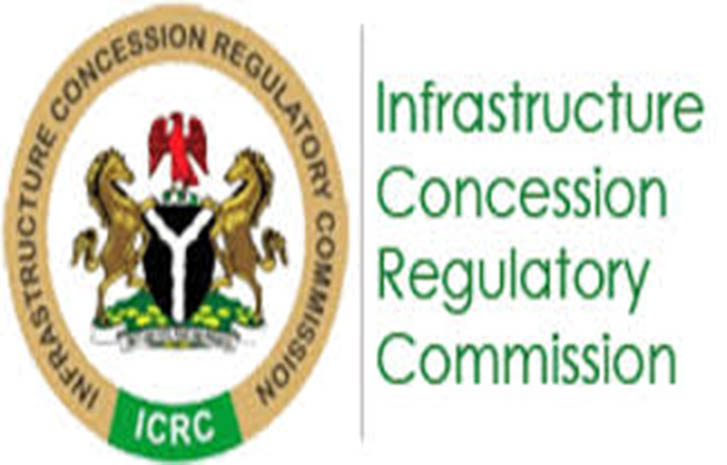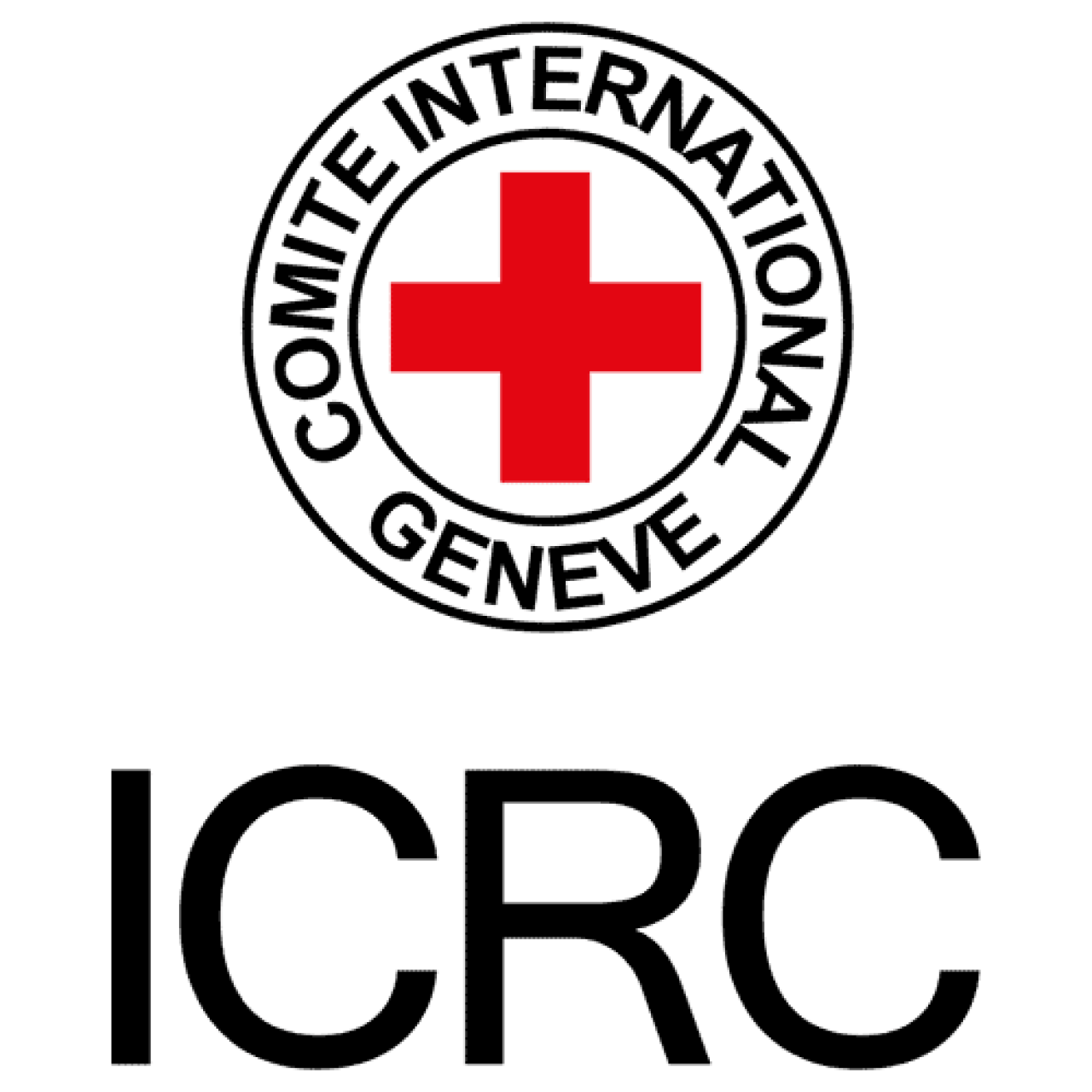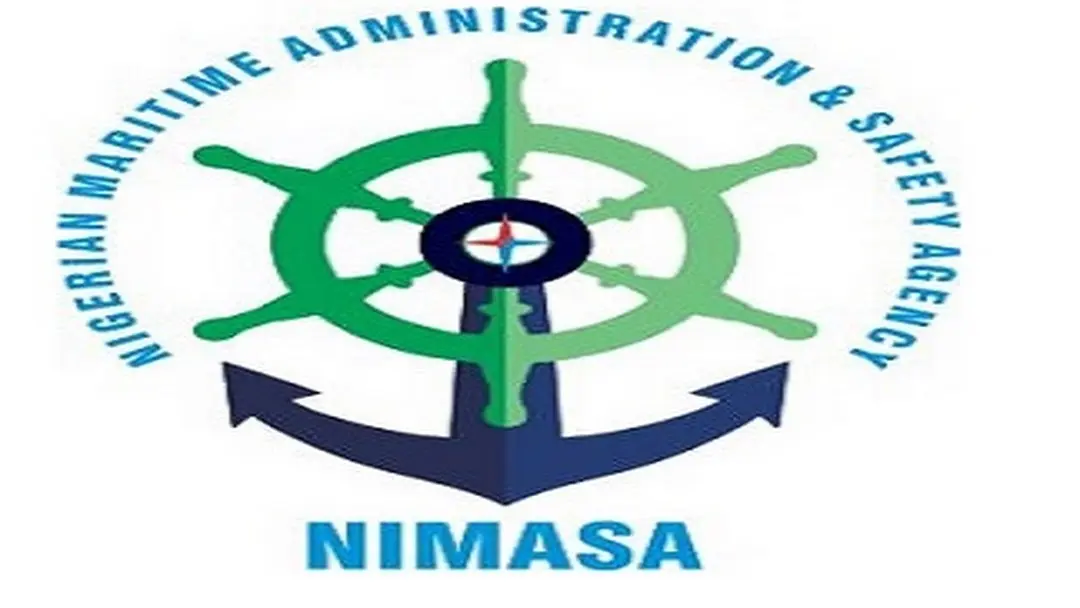No fewer than 24,000 Nigerians were declared missing by their families, according to International Committee of the Red Cross (ICRC) data.
Maria Toscano, an ICRC Protection of Family Links Team Leader, who made this known at a media workshop in Maiduguri said the international body was still on their trace.
The diplomat said Borno had the highest number of the missing persons with about 9,000 out of the 16,000 registered by ICRC in the north-east.
According to her, 11 persons have so far been reunited with their families this year, in addition to the 13 persons that have been reintegrated with their families in 2024.
Toscano said of the 24,000 registered missing persons, 71 per cent of the incidents occurred from 2014 to 2015, adding that Bama Local Government Area of Borno had the highest caseload of about 5,000 missing persons.
The diplomat also said 65 per cent of those missing in the north-east were children at the time they were missing.
Toscano, however, identified lack of access to conflict-affected areas and difficulties in contacting families, among their challenges.
Earlier, the Head of ICRC sub-delegation in Maiduguri, Diana Japaridze, expressed concern over the Increasing rate of missing persons and families who were yet to be reunited after suffering displacement due to armed conflict for over a decade.
“Some people spend years searching for loved ones, often with no result. Families have a right to know their fate.
“In the chaos of armed conflict, situations of violence and disasters, families can become separated in a matter of minutes, creating anguish and vulnerability and sometimes leading to long years of uncertainty about the fate of children, spouses or parents,” she said.
Japaridze urged media practitioners to contribute to awareness creation and draw the public’s attention to the needs of missing persons
“While States should raise public awareness of the problem of missing persons as a fundamental concern of international humanitarian law and human rights law, the mass media must draw the public attention to this problem and the needs of families of missing persons.
“We hope the knowledge and discussions we are going to share and have during the training will help you, the media professionals, research on the topic more deeply, ask better questions, write quality content, and thus report it in a more professional, unbiased, and empathetic manner,” she said.








